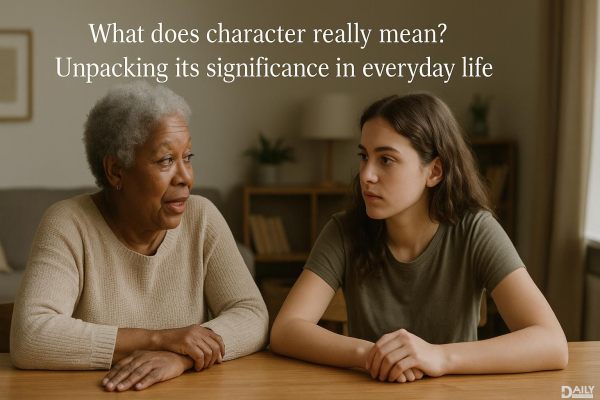So the teacher dropped the ADHD bomb, and now you’re sitting there wondering what the heck comes next. First off—take a deep breath. This doesn’t mean your kid is doomed to a lifetime of fidget spinners and lost homework. It just means it’s time to figure out what’s really going on.
Understanding Why the Teacher Brought It Up
Teachers spend hours a day with your kid, so they often notice patterns before parents do. Maybe your child is constantly daydreaming, blurting out answers, or struggling to stay seated. Or maybe they’re super smart but can’t seem to finish their work. Teachers don’t diagnose ADHD, but they can spot red flags that might mean it’s worth checking out.

Step 1: Don’t Panic (Easier Said Than Done, Right?)
Hearing “ADHD evaluation” can feel overwhelming, but it’s not a verdict—it’s just information. Some kids genuinely have ADHD and benefit from support, while others might just need different learning strategies. The goal here is to understand your child’s brain better, not slap a label on them.
Step 2: Schedule a Chat with the Teacher
Before you dive into evaluations, get the full picture. Ask the teacher:
Step 3: Talk to Your Pediatrician
Your kid’s doctor can rule out other possibilities—like hearing problems, anxiety, or sleep issues—that might mimic ADHD symptoms. They might refer you to a specialist (like a child psychologist or neurologist) for a full evaluation.
What Does an ADHD Evaluation Look Like?
It’s not just a quick questionnaire. A proper evaluation usually includes:
If It Is ADHD… What’s Next?
A diagnosis isn’t the end of the world—it’s the start of getting the right help. Treatment might include:
If It’s Not ADHD… Then What?
Sometimes, the evaluation reveals something else—like anxiety, a learning disability, or just a kid who needs more engagement in class. That’s still useful info! Now you can tackle the real issue instead of guessing.
Final Thoughts: You’ve Got This
Whether it’s ADHD or something else, the goal is to help your kid thrive. Stay curious, ask questions, and remember—teachers and doctors are on your team. And hey, if your child does have ADHD? They’re in good company. Some of the most creative, brilliant people out there have brains that work a little differently. Now go grab a coffee (or a deep breath) and take it one step at a time.
























